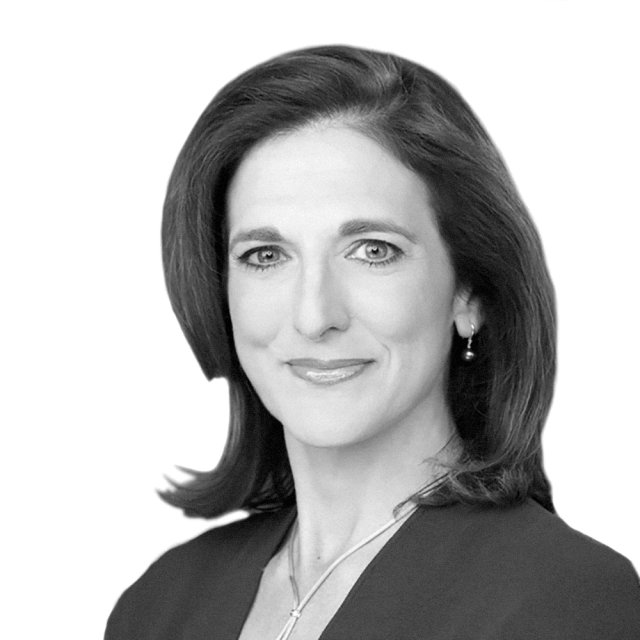Best Things to Do With Your HSA Money

A health savings account (or HSA) is a way to pay and save for current and future medical expenses with pre-tax dollars. The concept sounds great, but in practice HSAs can be tricky.
The nuts and bolts are straightforward: An HSA gets paired with a high-deductible health plan, which -- either offered through an employer or purchased your own -- must have an annual deductible of at least $1,300 for an individual and $2,600 for a family. Annual out-of-pocket expenses for such a plan (a category that includes deductibles, co-payments, and other amounts, but not the premium itself) must not exceed $6,550 for self-only coverage, or $13,100 for families.
For 2017, most individuals can make a pre-tax contribution of up to $3,400 per year ($6,750 for a family) into an HSA -- although, like retirement accounts, HSAs have “catch-up provisions” that let you put away an extra $1,000 a year if you are aged 55 or older. Unlike IRAs, there are no income limits with HSAs and they are portable, which means that you can roll them over to another HSA custodian, subject to some restrictions.
'Triple Tax Advantage'
HSAs have caught on, especially with higher earners, because they offer triple tax advantages: Your account contributions are pre-tax or tax-deductible; earnings and interest are tax-free; and withdrawals for qualified medical expenses are tax-free. Plus, once you reach age 65, all nonmedical withdrawals are taxed at your current ordinary income rate.
That’s why experts say that it’s preferable to pay copayments and other medical bills with non-HSA money, when possible, and leave the cash in the HSA to grow tax-free to cover health costs in retirement. Unlike flexible spending accounts, which may give you a modest grace period or let you roll over $500 of unused funds per year, HSAs have no “use it or lose it” clauses, so you can let your contributions pile up, year after year -- and they can continue to grow without being taxed.
Where to Put the Money
But a key question is still what to do with your HSA, and where to park the funds. For one thing, some accounts carry a range of fees, including some for monthly account maintenance, check-writing, or other transactions.
If you're getting your HSA through your employer, check to see if it waives fees for you. If so, you may be best off keeping your money parked there, especially because many of the major investment firms (Fidelity, Schwab, TD Ameritrade, Vanguard) don't offer consumer-facing HSA accounts.
Then there's the question of what to do with your money. Some (but not all) HSA providers offer a menu of money market and mutual funds. If yours does, and you'll be able to cover short-term needs with cash on hand, then invest your HSA much as you would other long-term money. Others offer just low-yielding FDIC-insured savings accounts.
To look for available HSAs, you can use the search tool at HSASearch.com.
